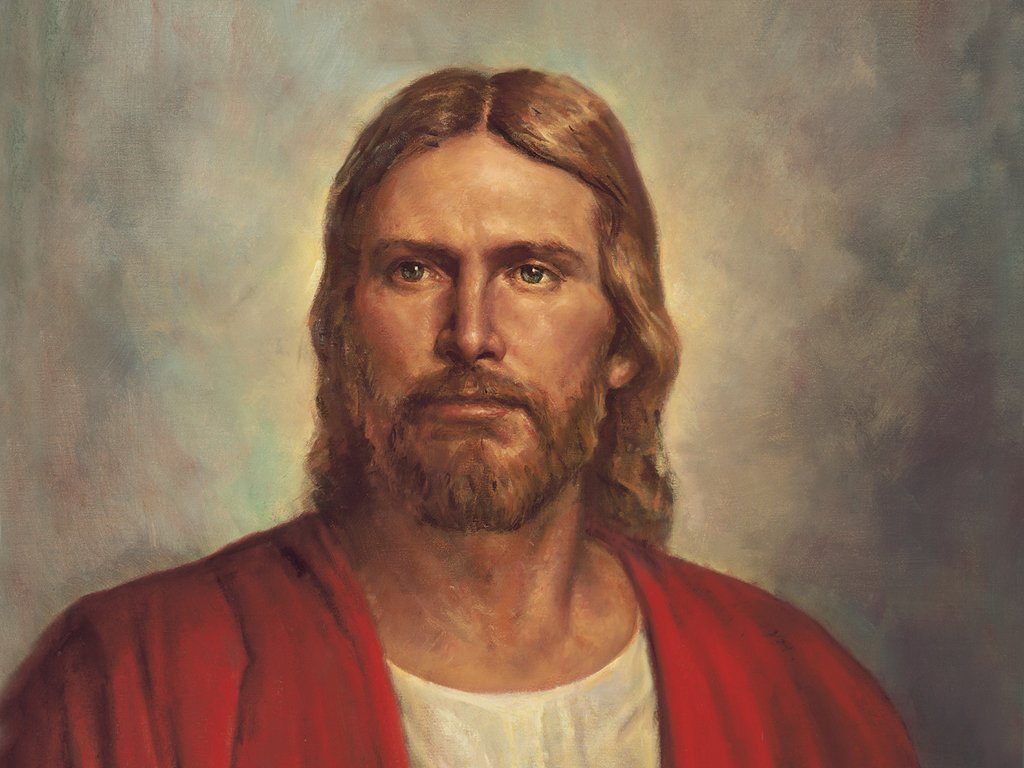There was a very interesting development around the topic of religion a couple of weeks before the 4th of July payout and the massive influx of users onto the steemit platform.
It began with @danthemans post this was followed up by a rebuttal from his father @stan. Due to the popularity and discussion created around these two posts a lot of very interesting and mostly respectful posts ensued with the topic of religion and philosophy as their main element. Very uncharacteristically to what we are very used to on the web (that discussions involving religion or politics quickly descend into chaos and suffer an often heated and unpleasant demise) these resulted in robust but very respectful debates.
Due to the respectful nature of things I even ventured to mention some of my religious persuasions in my introduction
In that intro I hinted at perhaps sharing some of my mental gymnastics in future posts.
The Sunday night post
As Sunday is my Sabbath…
I’m going to experiment with taking a break from my usual everyday posts featuring authors to focus on something a little different.
I love complex problems and sometimes getting science and religious beliefs to “play nice” can be pretty intriguing and mind bending.
How I mix science and religion.
First up I want to examine some of the claims made by Jesus Christ to see if they hold any water from a scientific perspective.

Claim 1: Jesus Christ had power over death
Jesus, while yet alive and during his mortal ministry, claimed that he had power over life and death. “No man taketh it from me,"he said" but I lay it down of myself. I have power to lay it down, and I have power to take it again.”
This is an extraordinary claim and so we would need to see some pretty extraordinary evidence.
That evidence was manifested in his raising a number from the dead during his ministry and from His resurrection three days after the crucifixion. There seem to be many claimed eyewitness accounts that these events indeed happened. These may be disputed or accepted depending from individual to individual.
Whether this resurrection did or did not take place is not the purpose of this post.
We cannot examine these claims on whether these event took place as documented for ourselves.
They occur in a time, place and culture far removed from or own. What we can examine is the veracity of the web of claims surrounding this central claim to see if they stack up scientifically.
We have learned a lot from science since Darwin to Modern studies in genetics. We now know quite a bit about heritability and inheritance. For all of us death is a certainty… we inherit that from our parents.
If Christ had claimed power over death without claiming some sort of special parentage that would be very inconsistent with what we understand regarding inheritance.
But indeed Christ did claim special parentage.
Claim 2: Jesus claimed to be the Son of God.
This second claim backs up the first from an inheritance perspective.
From his mother (a mortal) he inherited the ability to die.
From his Father (God, an immortal) he inherited the ability to live forever.
Claim 1 and Claim 2 are therefore consistent
But, some will protest, there is nothing extraordinary about this. The culture that Jesus was born to had been farming for millennia. It doesn’t take rocket science or even modern science to figure out inheritance when you are breeding plants and animals for a livelihood.
Good Point
Also, surrounding cultures had many myths of gods impregnating mortals to produce demigods and hero’s. So once again nothing very unique there in those two claims.
Good Point
So all we establish is consistency. Not uniqueness. We need more claims…
Claim 3: Jesus as Savior
Christ claims to save.
Save from what we ask?
Save from sin...
What is sin? Science does not have this concept.
So we give science a simple definition of sin. Sin is transgression of Law.
What Law the scientist asks?
In its simplest form that many are familiar with, “the ten commandment”
OK now we have something we can evaluate. If we evaluate the Ten Commandments we see that at least more than half of them are devoted to preventing some sort of societal disorder.
Disorder, Order. Now we have something to work with from a scientific perspective.
Evaluating Christ's teachings as a whole we see that sin is often about breaking down order and inviting disorder into our lives.
So if Christ saves from sin then he saves us from disorder and chaos.
By moving into the realms of order, disorder and chaos we start to open a huge can of worms in the form of order vs entropy and the laws of thermodynamics.
This post is getting long, so hopefully this is enough to spark a conversation. Based on that I will explore Jesus Christ and the laws of thermodynamics next week.
Thermodynamics is stuff, that unlike inheritance, the ancients would have been less privy too.
